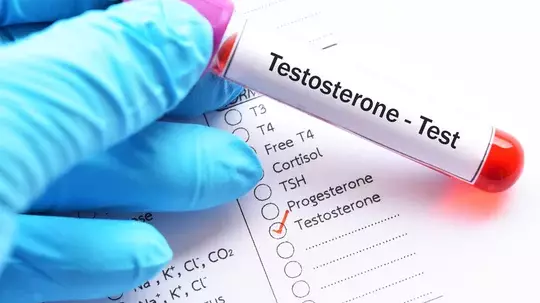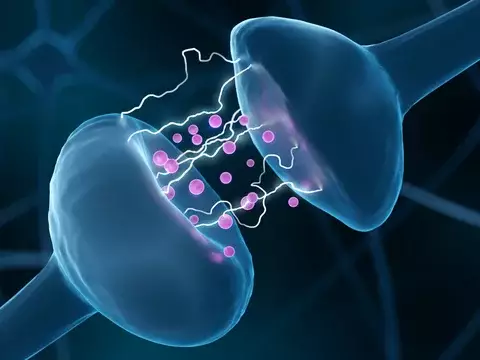Many people are unaware of how trauma to the head (from falls, auto accidents, sustaining blast injuries (veterans), or playing contact sports) can severely affect testosterone levels and thus overall mood. This is particularly true in men who are designed to have much higher testosterone levels than women.
The head trauma and testosterone link
One way that head trauma can affect testosterone levels is by damaging the pituitary gland, which is a small gland located at the base of the brain that plays a crucial role in regulating hormone production, including testosterone. Damage to the pituitary gland can disrupt the signals it sends to the testes to produce testosterone, leading to lower testosterone levels.
Another way that head trauma can affect testosterone levels is by causing damage to the testes themselves. In some cases, head trauma can lead to reduced blood flow to the testes, which can impair their function and reduce testosterone production.
Additionally, head trauma can cause inflammation in the body, which can also affect testosterone levels. Inflammation can interfere with the production and regulation of hormones, including testosterone.

Symptoms of lower testosterone in men
Many men may be unaware that low testosterone is contributing to their low mood, aching joints, and inability to sleep through the night.
While low testosterone can cause low libido and erectile dysfunction it is not always the case. Sometimes the testosterone can be very low but the man can still have normal erections. Here are some common symptoms of lower testosterone in men:
- Fatigue: Low testosterone levels can lead to a lack of energy and feelings of fatigue.
- Reduced muscle mass and strength: Testosterone is involved in building and maintaining muscle mass and strength, so low testosterone levels can lead to a decrease in muscle mass and strength.
- Increased body fat: Low testosterone levels can lead to an increase in body fat, particularly around the waistline.
- Decreased bone density: Testosterone is important for bone health, so low testosterone levels can lead to a decrease in bone density and an increased risk of fractures.
- Mood changes: Testosterone can also have an impact on mood, so low testosterone levels can lead to mood changes such as irritability, depression, and difficulty concentrating.
- Low sex drive: Testosterone is a key hormone that plays a role in sex drive, so a decrease in testosterone levels can lead to a reduced libido.
- Erectile dysfunction: Testosterone is also involved in the process of achieving and maintaining an erection, so a decrease in testosterone levels can lead to difficulty achieving or maintaining an erection.
Have a question?Schedule a consultation with Dr. Julia Ward now
Fill the form below and a member of our team will reach out to you. Alternatively, during our working hours, click the number below to talk to us now.

